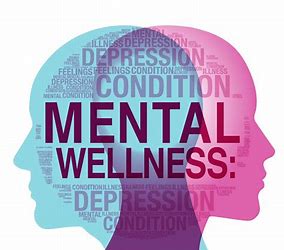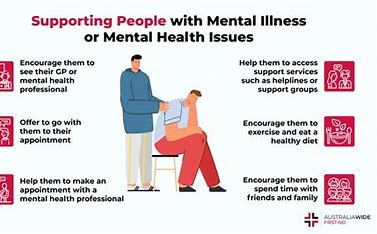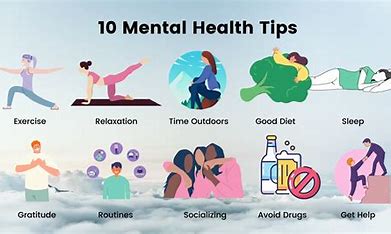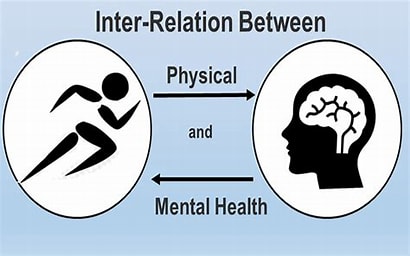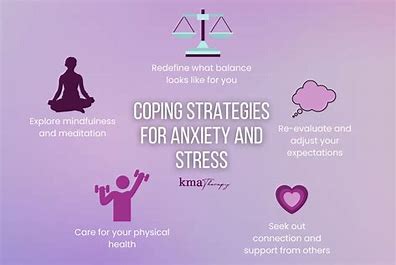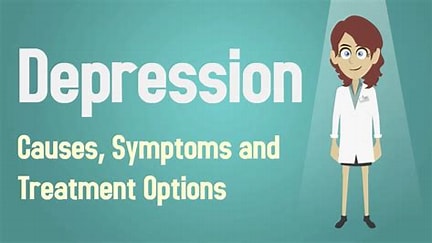Mental health can significantly affect relationships, making it essential for couples to understand its impact. Whether you’re struggling with depression, anxiety, or any other mental health issue, it can create communication barriers, emotional distance, and increased conflict. But with the right tools, support, and understanding, it’s possible to manage these challenges and strengthen your relationship.
How Does Mental Health Affect Relationships?
Mental health issues, when left unaddressed, can have a significant impact on a relationship. Some of the most common effects include:
- Communication Barriers: Mental health challenges can make it difficult for partners to communicate effectively, leading to misunderstandings.
- Emotional Distance: One or both partners may withdraw emotionally, creating a gap in the relationship.
- Increased Conflict: Misunderstandings and stress caused by mental health issues can result in more frequent arguments.
- Lack of Understanding: Without proper communication, partners may struggle to understand each other’s feelings and needs.
Secondary Stress: One partner’s mental health struggle can cause stress or anxiety for the other, further straining the relationship.
Depression’s Impact on Relationships
Loving someone with depression or mental illness isn’t always easy, but with compassion and understanding, couples can work through these difficulties. Depression can lead to:
- Emotional Instability: Mood swings and unpredictable behavior can make relationships stressful.
- Dependency: One partner may become overly reliant on the other, which can create strain.
- Communication Issues: Depression can cause difficulty in expressing needs or understanding emotions.
- Self-Care Struggles: Both partners may neglect their own self-care, adding pressure to the relationship.
Recognizing these challenges is essential for maintaining a healthy, supportive relationship. Open communication, seeking professional help, and practicing empathy can help address these difficulties.
When to Walk Away from a Relationship Due to Mental Health
Ending a relationship due to mental health issues can be a difficult decision. However, it’s important to prioritize your well-being. Consider walking away if:
-
- The Relationship is Abusive: Whether physical, emotional, or verbal, abuse is never acceptable.
- Lack of Effort: If your partner is not seeking help or making an effort to manage their mental health, it can lead to an unhealthy relationship.
- Constant Distress: If the relationship continuously causes emotional distress, negatively impacting your mental health, it may be time to move on.
- No Improvement: If despite efforts and professional help, there is no improvement or willingness to change, ending the relationship might be necessary for both parties.
Supporting Your Partner’s Mental Health
Supporting a partner with mental health challenges requires patience, empathy, and open communication. Here are some strategies that can help:
- Have Open Conversations: Ask your partner how they best receive feedback, and whether they want to talk about their feelings or find solutions to problems. This creates an open space for understanding.
- Use “I” Statements: Communicate how your partner’s behavior makes you feel without placing blame. For example: “I feel hurt when you cancel plans last minute. It makes me feel unimportant.”
- Listen Actively: Pay attention when your partner speaks, making sure you’re not distracted. Repeating what they’ve said shows that you’re listening and helps clarify their needs.

Seeking Professional Help: Therapy and Counseling
Couples therapy can be an essential tool for navigating mental health challenges in a relationship. Therapists provide:
- A Safe Space for Expression: Couples can share their feelings without fear of judgment.
- Conflict Resolution Tools: Therapy helps couples develop communication skills to overcome barriers and reduce conflicts.
- Mental Health Education: Understanding mental health issues can foster empathy and improve relationship dynamics.
- Self-Care Strategies: Therapists provide tools for maintaining personal well-being while managing a partner’s mental health struggles.
FAQs
Can mental health affect my relationship?
Yes, mental health can significantly impact communication, emotional closeness, and overall relationship satisfaction. It’s important to address mental health concerns early on to maintain a healthy connection.
What are some ways I can support my partner’s mental health?
Open communication, empathy, and using “I” statements to express your feelings can help. Professional counseling may also provide tools to navigate challenges.
Is it okay to break up with someone due to mental health issues?
Yes, if the relationship is harmful to your well-being, it’s okay to end the relationship. Prioritizing your mental and emotional health is essential.
How can therapy help couples dealing with mental health issues?
Therapy offers a safe space for communication, helps resolve conflicts, and provides education on mental health to foster empathy and understanding in the relationship.
Conclusion
Mental health can significantly affect relationships, but with the right support, tools, and professional guidance, couples can work through these challenges. Whether it’s through practicing mindfulness, using effective communication strategies, or seeking therapy, it’s possible to maintain a healthy and supportive relationship while managing mental health issues.

